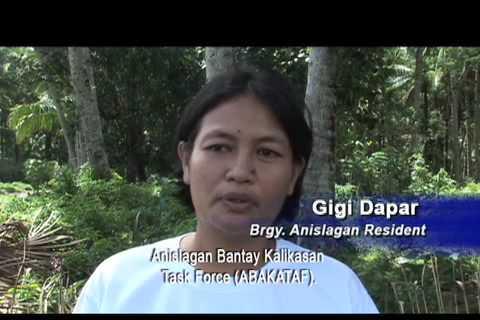Mangrove is a thriving and fragile ecosystem that depends on other nearby ecosystems – the river and salt marshes. In turn, the health of the sea and of coral reefs depends on a healthy mangrove. Everything is connected.
Bulletin articles
The region of Brazil, and perhaps the world, where monoculture eucalyptus plantations and pulp production are expanding most rapidly is in the state of Mato Grosso do Sul, and specifically the micro-region of Três Lagoas.
The forestry industry’s endless pursuit of bigger profits has led to the growing homogenization of trees cultivated for timber, pulp and paper production.
Wikipedia – the free encyclopedia built collaboratively – is an increasing reference even for academic use. We can have a voice there and contend every occasion when monoculture tree plantations are treated as forests.
But we can influence also in other fora – radio and TV programs, educational books, informative bulletins, magazines, and so on. Even in informal conversations! Wherever you can. Just be alert!
We invite and urge you to make the difference. Let’s put it clear that tree plantations are not forests!
One of the natural resource extraction activities that generates the most negative impacts, while also generating the most profits, is mining. Perhaps this is why the big global mining companies are now competing not only over mineral reserves but also to portray themselves most convincingly to the public as prime examples of “sustainability”.
Faced with rising prices for raw materials and the hoarding of minerals by certain emerging economies, Europe is sharpening its claws. And, as always, it is the countries of the South with large natural reserves of coveted resources that will end up on the losing side, especially their populations.
That mining can pose a threat to the integrity of forests is obvious. Clearance of surface vegetation and soils to gain access to sub-surface minerals has evident and often long-lasting impacts. Surface scarring by mines themselves, with associated erosion and siltation, is exacerbated by spoil heaps, tailings dams, associated mining works, disrupted water tables, and local chemical changes, including acid mining drainage and the release of heavy metals and the consequent pollution of soils and waterways. Mining operations use, and too often pollute, vast quantities of water.
Government authorities in Guatemala continue to promote metal mining, despite the widespread opposition of local communities and indigenous peoples. Consultations carried out among local populations have clearly demonstrated that they are completely against the further development of mining activities.
There are around 110 ethno-linguistic groups in the Philippines and they constitute almost 15% of our population. Most of them live in mountain ranges and coastal areas. (1) Nine million or roughly 30% of our total land area is mineralized including some of the mountains inhabited by those groups.
A new report released by the United Nations Environment Programme (UNEP), titled “Decoupling natural resource use and environmental impacts from economic growth” (1), reveals some alarming figures with regard to global consumption of natural resources.
In 2009, Rio Tinto, one of the world biggest mining companies, explained how it hoped that it could use REDD, “as an economic tool to offset Rio Tinto’s carbon footprint and to conserve biodiversity”. That, in a nutshell, explains the mining industry’s interest in REDD. Companies hope to continue mining, while investing comparatively small amounts of money in REDD credits to “offset” the destruction.
The price of gold is rising for the tenth consecutive year. As a result, more and more investors, financial market operators and central banks are turning to gold as a safe haven in the face of global economic instability. This has troubling consequences, because gold mining is one of the most destructive and polluting of all mining activities.

